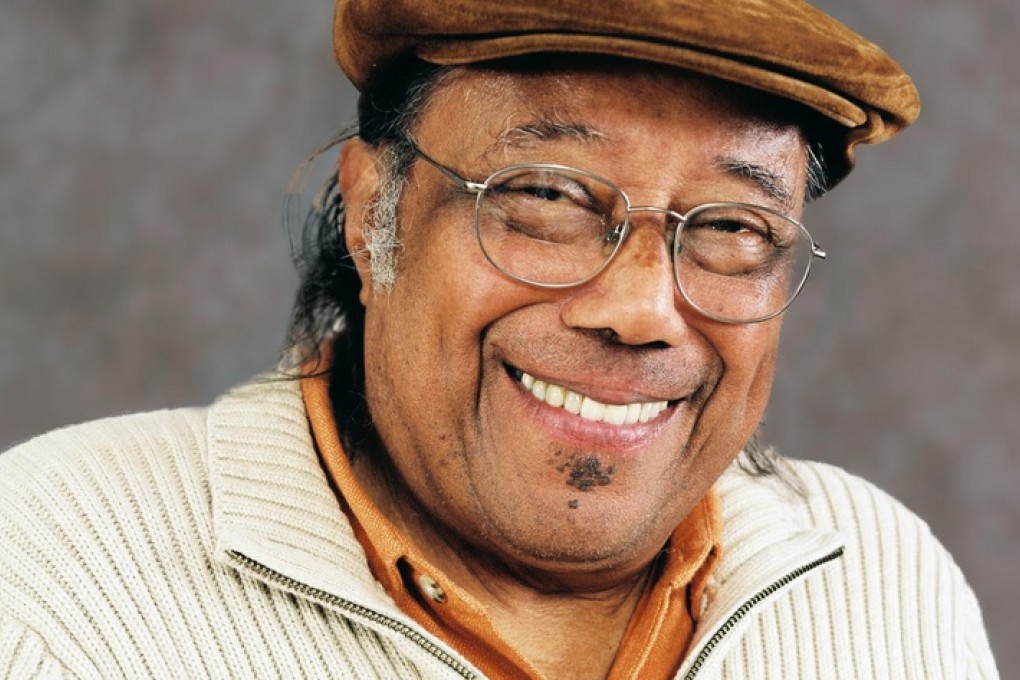
Face-to-face chats with pianist Allen Youngblood are always a pleasure, but I have come to dread his phone calls. Almost always he's calling to tell me a notable jazz musician has died. This time it was Horace Silver, on June 18, at the age of 85.
One of the greatest jazz pianists and composers of the post-bebop era, Silver was born and grew up in Connecticut in the United States. His father was an immigrant from the then Portuguese Cape Verdean islands, and their folk music had an important influence on his playing and composing.
Silver's signal achievement was to develop a style which fused elements of gospel and blues with bebop. Within it, he composed a catalogue of often instantly memorable original tunes which added a substantial new chapter to the jazz standards book.
Called "hard bop" by critics, Silver's music offered an accessible alternative to the freneticism and self-conscious complexity of bebop. He described his approach to composition as "meaningful simplicity", and the description fits his playing equally well.
A tenor saxophonist turned pianist, Silver was discovered in 1950 when his trio backed Stan Getz for a Connecticut club gig, and were invited to join "The Sound" on the road. Getz also employed Silver in the studio, and recorded some of his early compositions. The exposure allowed the young pianist to establish himself in New York as a sought-after sideman.
Perhaps because he also played their instrument, saxophonists found Silver particularly sympathetic - after Getz he played with Coleman Hawkins and Lester Young - and he made his first recording as a leader when booked for a Blue Note Records session accompanying Lou Donaldson in 1952.
Donaldson couldn't make the date, and Blue Note founder Alfred Lion asked Silver to take it over, beginning a relationship between artist and label that lasted until 1979.